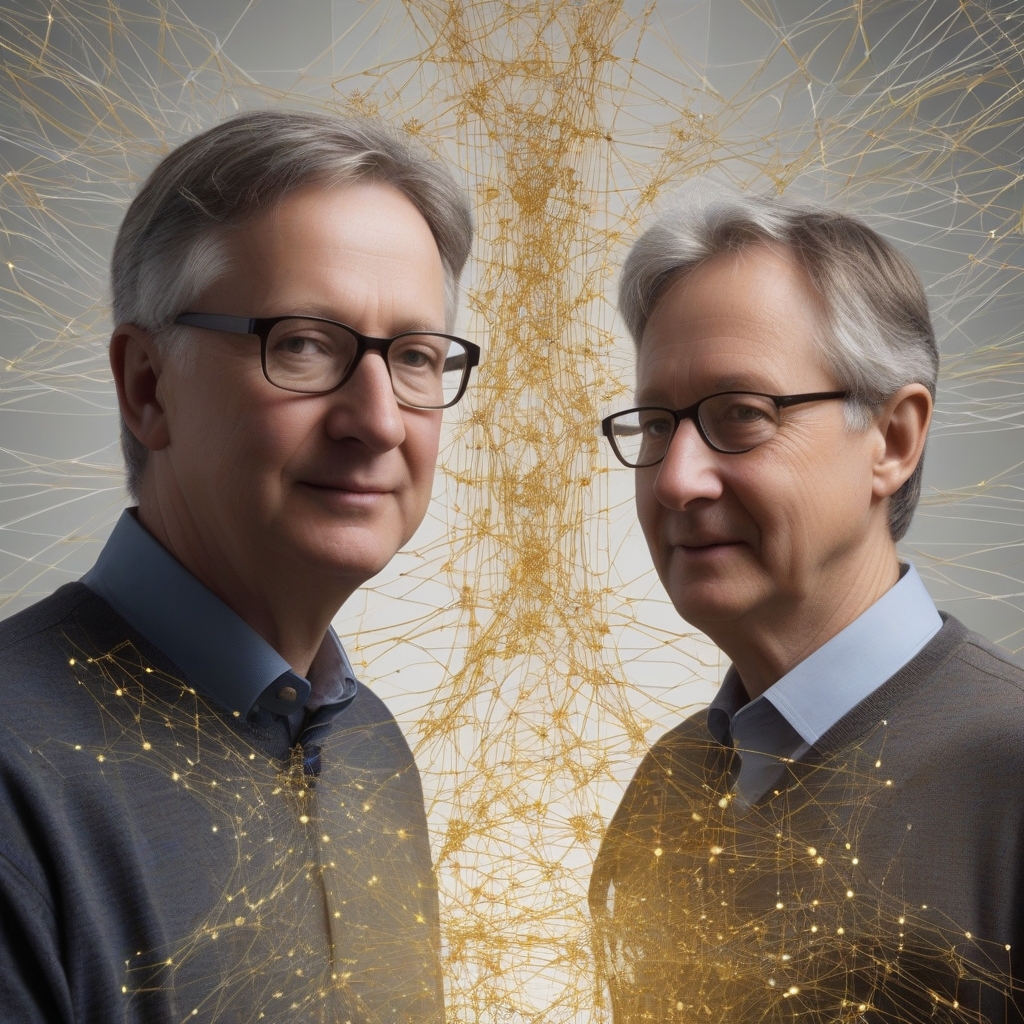Celebrating Groundbreaking Achievements in Neural Networks
The announcement of the 2024 Nobel Prize in Physics honoring John Hopfield and Geoffrey Hinton marks a seminal moment in the field of neural networks, an area pivotal to the development of machine learning and artificial intelligence. These pioneers have long been celebrated for their profound contributions to the fundamental understanding and advancement of neuromorphic computing. Their joint efforts have bolstered the capabilities of AI, paving the way for unprecedented innovations in various scientific and commercial applications.
The Pioneers: John Hopfield and Geoffrey Hinton
John Hopfield, renowned for his introduction of the Hopfield Network in the 1980s, transformed the understanding of neural networks. His conceptualization of neural computations laid the foundation for subsequent advancements in the field. Hopfield networks are a form of recurrent neural network with binary threshold nodes, showcasing the potential of associative memory in machine learning systems.
Geoffrey Hinton, often hailed as one of the “Godfathers of Deep Learning,” has made seminal contributions to the realm of artificial neural networks. Hinton’s work in backpropagation and his co-invention of the Boltzmann machine have been instrumental in advancing the efficiency of machine learning algorithms. His relentless pursuit of deep learning technologies has revolutionized how machines process data, perceive patterns, and learn autonomously.
Impact of Their Work on Modern Technologies
The groundbreaking contributions of Hopfield and Hinton have transcended traditional boundaries of computing science:
- Enhanced Computational Efficiency: Their innovations have led to more efficient computational algorithms that serve as cornerstones for diverse AI applications.
- Improvements in Text and Speech Recognition: The advancements made in neural networks have significantly propelled the capabilities of natural language processing (NLP), thereby enhancing text and speech recognition technologies.
- Breakthroughs in Image Processing: With the help of convolutional neural networks influenced by their work, machines now identify and process images with near-human accuracy.
- Autonomous Systems: Their research underpins the development of autonomous vehicles and robotics, contributing to smarter and safer systems.
Neural Networks: An Evolutionary Journey
The field of neural networks, inspired by biological processes, aims to mimic the workings of the human brain. Over the past few decades, the evolution of neural network technology has shifted paradigms in computing:
- Early Foundations: Initial models attempted to imitate neuron functions through artificial nodes, but were limited in computational power and scalability.
- Introduction of Backpropagation: Geoffrey Hinton’s work on backpropagation provided a framework for refining network weights, enhancing learning accuracy.
- Deep Learning Surge: The ability to process vast datasets through layered neural networks revolutionized AI research and applications, setting the stage for modern innovations.
Global Influence and Future Prospects
The Nobel recognition reaffirms the impact of Hopfield’s and Hinton’s work globally. Their contributions shape the strategies of governments, corporations, and educational institutions seeking to harness AI technologies. These advancements promise a future where AI integrates seamlessly into daily human life, driving economic growth, and solving complex societal challenges.
Challenges and Ethical Considerations
As the capabilities of neural networks expand, so do concerns regarding their ethical applications and limitations:
- Bias Mitigation: Ensuring that algorithmic decisions are free of bias remains a fundamental challenge facing researchers and practitioners alike.
- Data Privacy: The demand for vast data access to train AI systems raises questions about privacy and security, requiring robust safeguards and policies.
- Transparency and Interpretability: Understanding the decision-making process in neural networks is crucial for establishing trust and accountability in AI systems.
Celebrating a Legacy of Innovation
The Nobel Prize awarded to John Hopfield and Geoffrey Hinton is a testament to their enduring legacy in the realm of scientific research and technological advancement. As the complexity and utility of AI continue to grow, the foundational work of these luminaries ensures that future advancements rest on a robust, reliable, and innovatively inspired scaffold.
Closing Thoughts: The contributions of Hopfield and Hinton have not only shaped the trajectory of neural networks but have also influenced a myriad of scientific disciplines. By receiving the Nobel Prize, their revolutionary work receives the recognition it deserves, inspiring a new generation of researchers to push the boundaries of what machines can achieve.

Leave a Reply